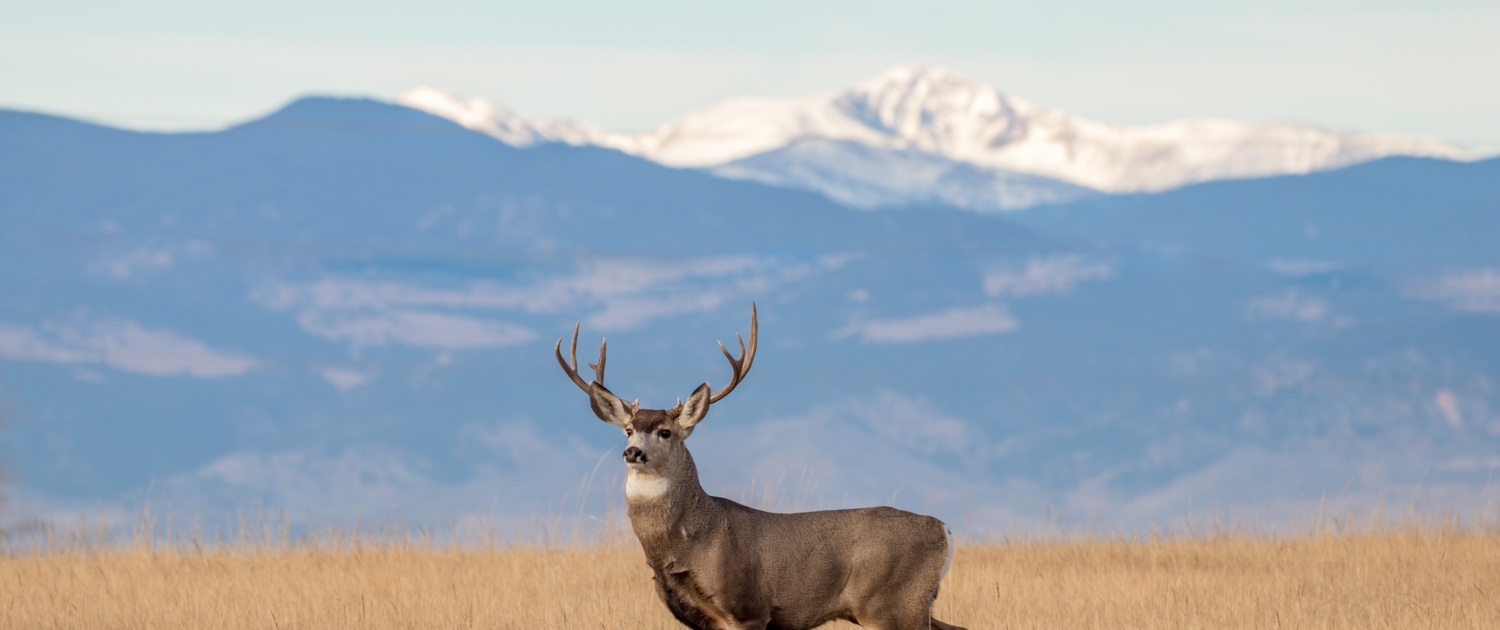About – Indigenous Community-Based Climate Monitoring Program
The program, administered by Crown-Indigenous Relations and Northern Affairs Canada (CIRNAC), provides $6 million per year in contribution funding to support Indigenous Peoples in the design, implementation, or expansion of community-based climate monitoring projects. Specifically, the program supports Indigenous-led projects that monitor climate and the environmental effects of climate change within community boundaries and on traditional territories using Indigenous Knowledge Systems and western science. Indigenous communities and organizations can use the information gathered to inform adaptation actions and address climate data gaps.
Funding can be used to:
- engage the community
- develop a monitoring plan
- hire and train community members to work on the project
- rent or purchase monitoring equipment
- monitor key climate and environmental indicators
- assess and manage Indigenous Knowledge and science-based data
- communicate climate monitoring results
- build networks with other partners to better track climate change
In addition, in partnership with First Peoples Group and a team of Indigenous co-authors, the program has developed the Indigenous Climate Monitoring Toolkit, a website that provides guidance, good practices, and resources for Indigenous communities.


